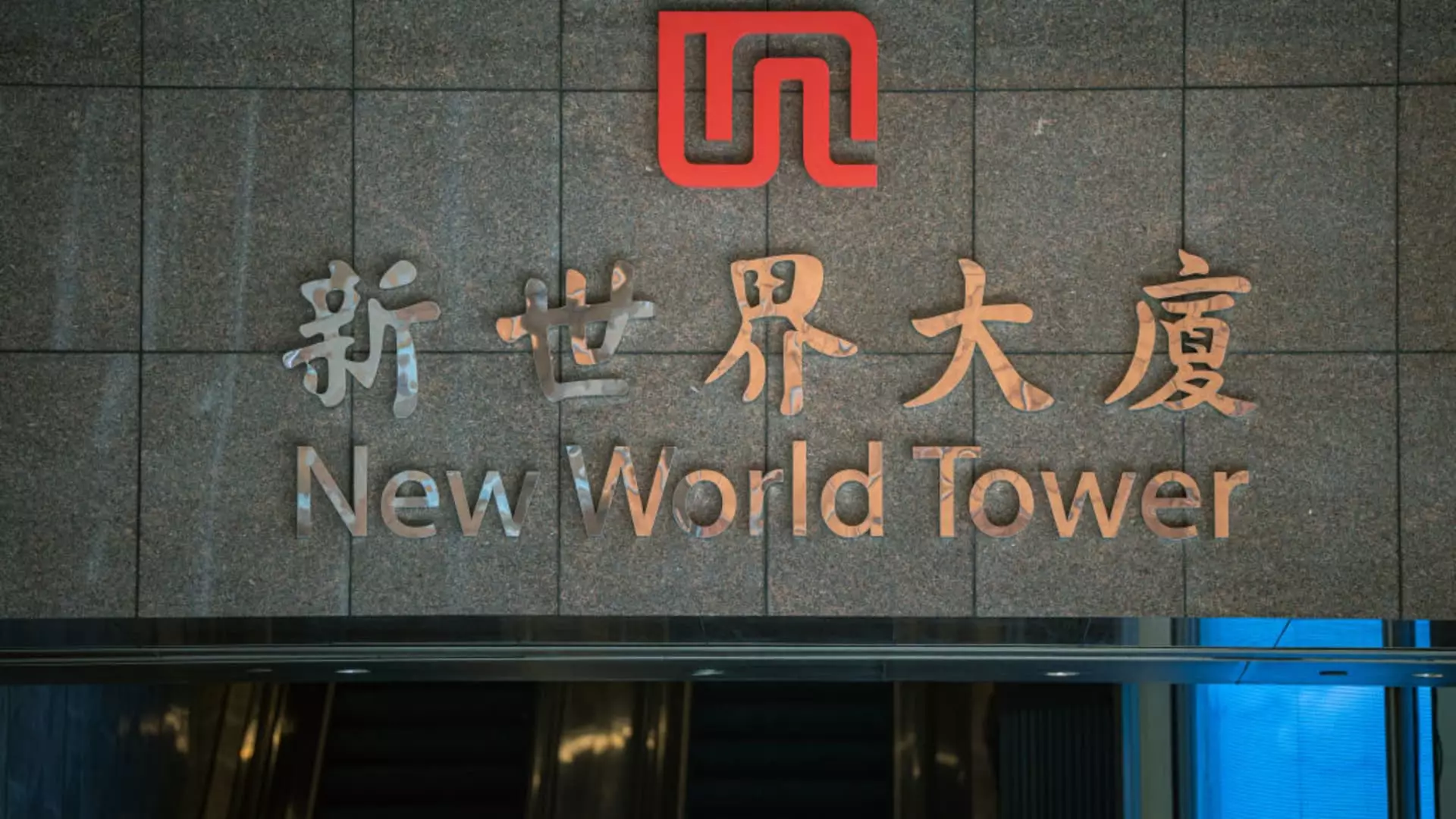The unexpected resignation of Adrian Cheng, a prominent figure associated with the founding family of New World Development, has stirred considerable market activity. Following his announcement that he would focus on personal commitments and public service, shares of the Hong Kong-based development company soared by 23% when trading resumed on Friday. This surge signals a potential shift in investor sentiment and reflects broader market dynamics intertwined with corporate governance issues. The halt in trading the previous day underscores the impact of leadership changes on market perceptions and valuations.
Changing of the Guard: New Leadership
In the wake of Cheng’s departure, Eric Ma Siu-Cheung has stepped up as the new CEO, representing a notable shift in the company’s leadership dynamic. His appointment—an executive from outside the founding family—opens the door for new strategies and a possible reformation of internal practices. This move aligns with a growing sentiment that traditional leadership models in Asia, particularly those rooted in familial legacy, may not suffice to navigate the complexities of today’s financial landscape. As Alicia Garcia-Herrero, chief economist at Natixis, pointedly remarked, effective corporate governance is crucial, especially in times of economic downturn.
Despite the stock price rally, New World Development holds a challenging financial forecast. The company’s recent filing revealed anticipated shareholder losses ranging from HK$19 billion to HK$20 billion. These losses are exacerbated by declining sales and significant impairments, illustrating the mounting pressure facing the real estate sector in Hong Kong and mainland China. It becomes increasingly evident that while market reactions may celebrate leadership changes, the underlying financial realities can present a stark contradiction to investor optimism.
The positive market reaction may also reflect external economic stimuli rather than outright confidence in the company’s financial viability. China’s central bank has recently introduced a series of stimulus measures aimed at revitalizing a struggling economy, which could have favorable spill-over effects on sectors impacted by these initiatives, such as real estate. Furthermore, Chinese leaders have acknowledged the urgent need for a stabilization strategy in the real estate market, indicating that government interventions may play a vital role in supporting companies like New World Development.
The events surrounding New World Development encapsulate a multifaceted narrative of leadership change, investor sentiment, financial adversity, and broader economic trends. As Eric Ma Siu-Cheung takes the helm, the eyes of investors will likely be fixed on both immediate corporate governance changes and long-term strategic adjustments needed to navigate a tumultuous market. The unfolding scenario provides a valuable case study for the real estate sector at large—one that might indicate a broader shift in leadership philosophy across Asia amidst evolving economic challenges.

